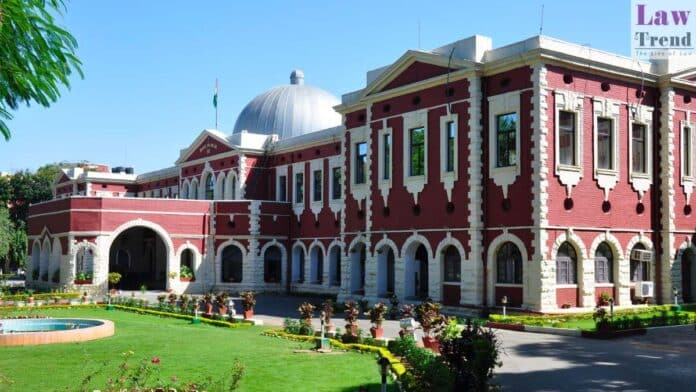In a significant ruling, the Jharkhand High Court, presided over by Justice Sanjay Prasad, dismissed a writ petition filed by Sanjay Karpri @ Sanjay Kumar Kapri, challenging the compensation order issued by the Labour Court, Deoghar. The High Court ruled that the petition was not maintainable, as the petitioner failed to follow the statutory appeal
To Read More Please Subscribe to VIP Membership for Unlimited Access to All the Articles, Download Available Copies of Judgments/Order, Acess to Central/State Bare Acts, Advertisement Free Content, Access to More than 4000 Legal Drafts( Readymade Editable Formats of Suits, Petitions, Writs, Legal Notices, Divorce Petitions, 138 Notices, Bail Applications etc.) in Hindi and English.




